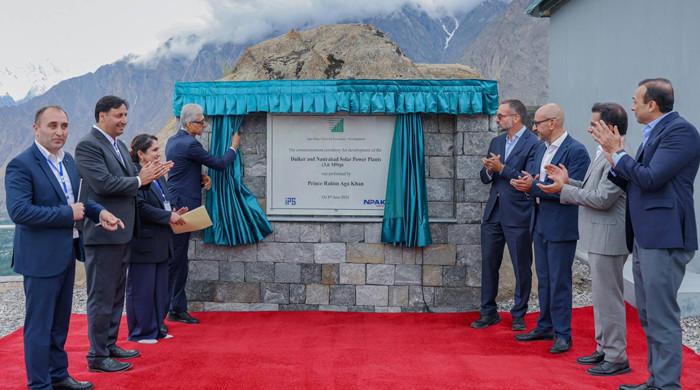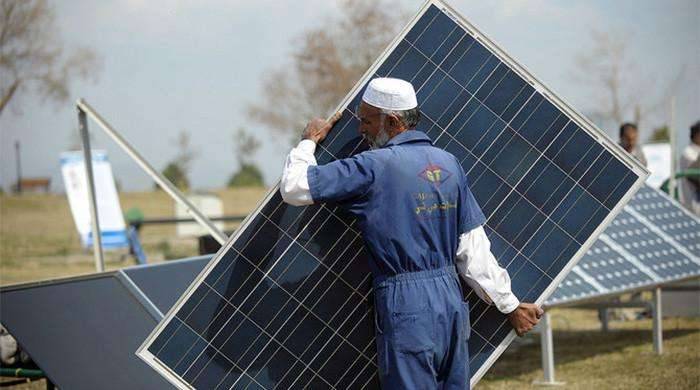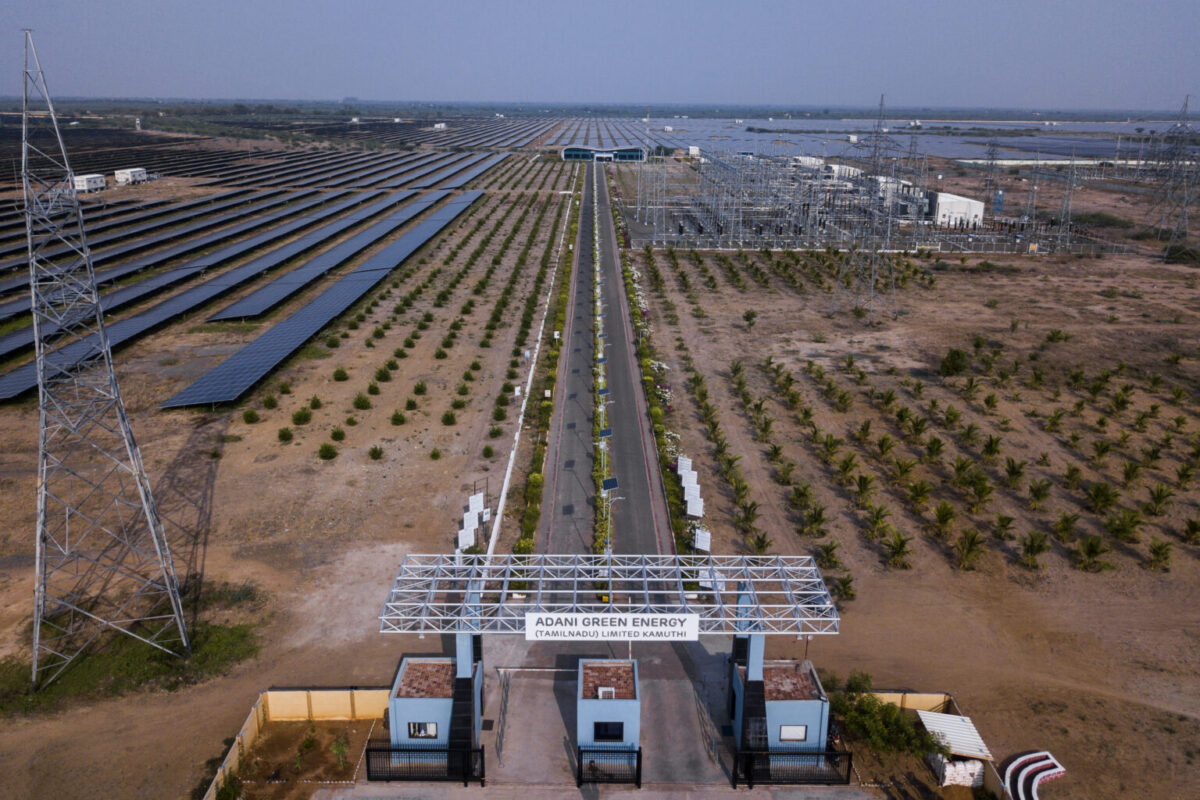Prince Rahim Aga Khan visited Hunza district in Gilgit-Baltistan to launch the development of Duiker Phase II and Nasirabad Solar Power Plants. These new solar projects will add a total capacity of 3.6 MWp, significantly enhancing the region’s solar energy infrastructure.
Increasing Energy Capacity and Reducing Emissions
Duiker Solar Power Plant
Phase I of the Duiker Solar Power Plant, which has a generation capacity of 1MWp and 0.6MWh battery storage, began operations in November 2023. This phase increased daily power availability for over 11,000 residents from 10 to 17 hours in summer and from 4 to 9 hours in winter. Upon its completion in November 2024, Duiker Phase II will expand generation capacity from 1MWp to 1.6MWp and battery storage from 0.6MWh to 1MWh. This expansion will provide increased electricity to an additional 8,760 people. Crucially, Duiker will replace diesel power generation, resulting in an annual reduction of 1,100 metric tons of CO2 equivalent.
In lower Hunza, a 2MWp Solar Power Plant with 1MWh battery storage will be constructed in Nasirabad. This new facility will supply power to an additional 23,400 people and is expected to be commissioned in June 2025.
Financial Investment and Economic Impact
NPAK Energy Limited, a subsidiary of Industrial Promotion Services (IPS), the industrial and infrastructure development arm of the Aga Khan Fund for Economic Development (AKFED), is investing $6 million in these solar energy projects. The project financing combines equity, sustainable debt, and grants. An additional $14 million has been secured from development partners to enhance the region’s energy infrastructure.
Over the next five years, NPAK Energy plans to mobilize further investments in clean, sustainable electricity sources across Hunza and surrounding areas. These efforts aim to address the region’s acute energy deficit and contribute to global efforts to mitigate climate change.
Commitment to Sustainable Development
NPAK Energy is dedicated to improving public service delivery by creating a sustainable, self-reliant utility operation. This initiative will catalyze economic opportunities and job creation while serving as a model for innovative and efficient public-private partnerships. These efforts will contribute significantly to sustainable development and the overall growth of the solar energy market in the region.
Source:thenews.com.pk





